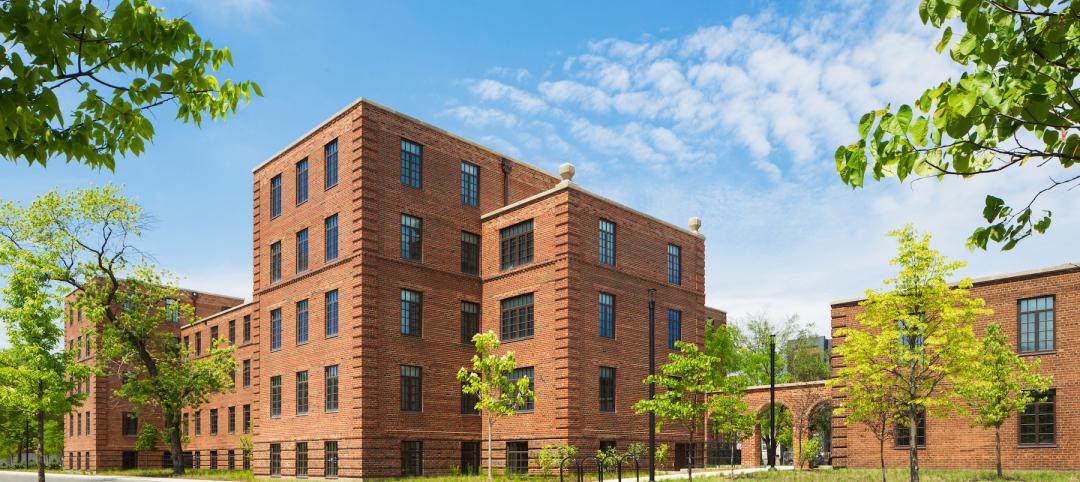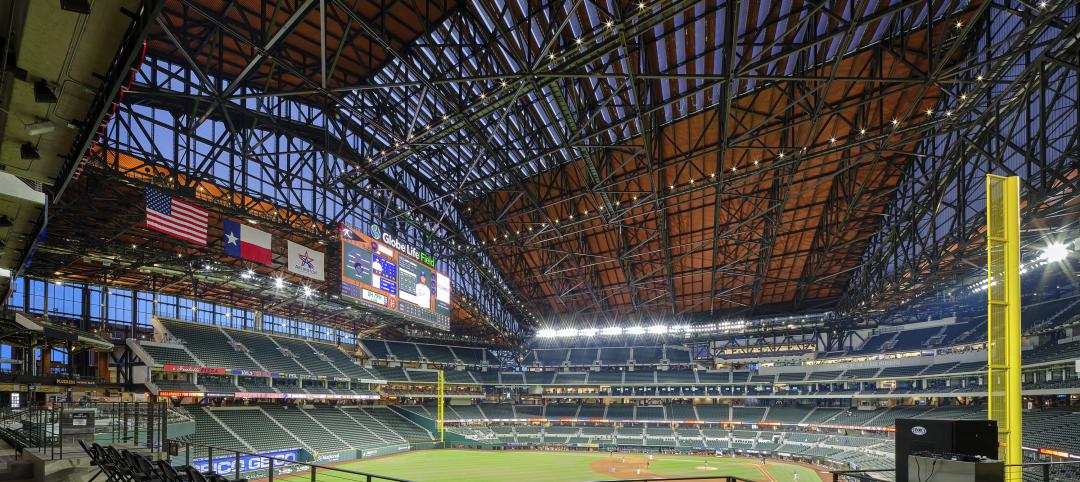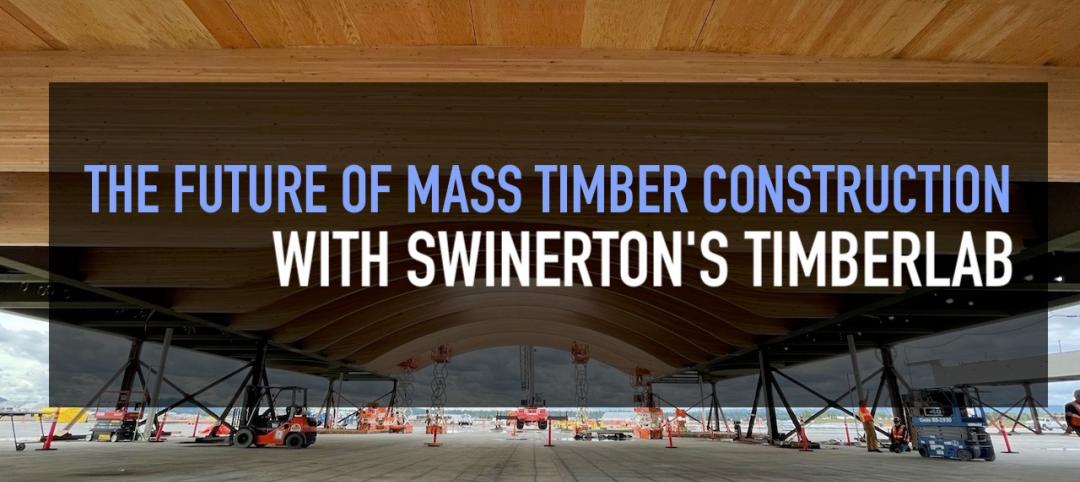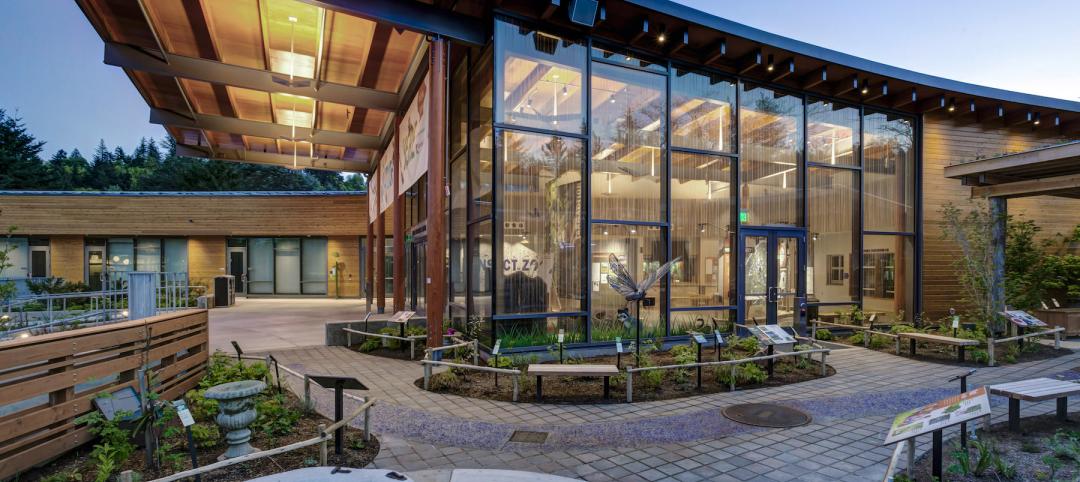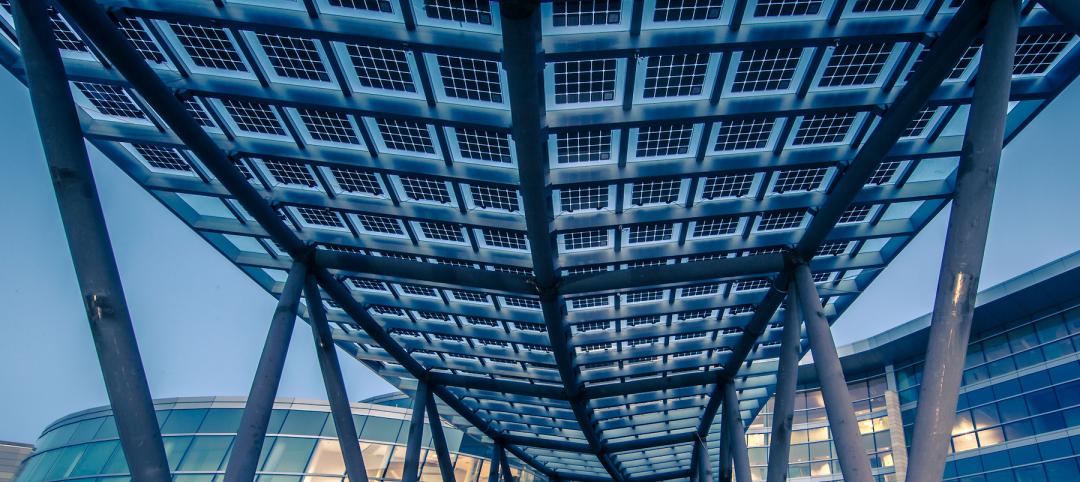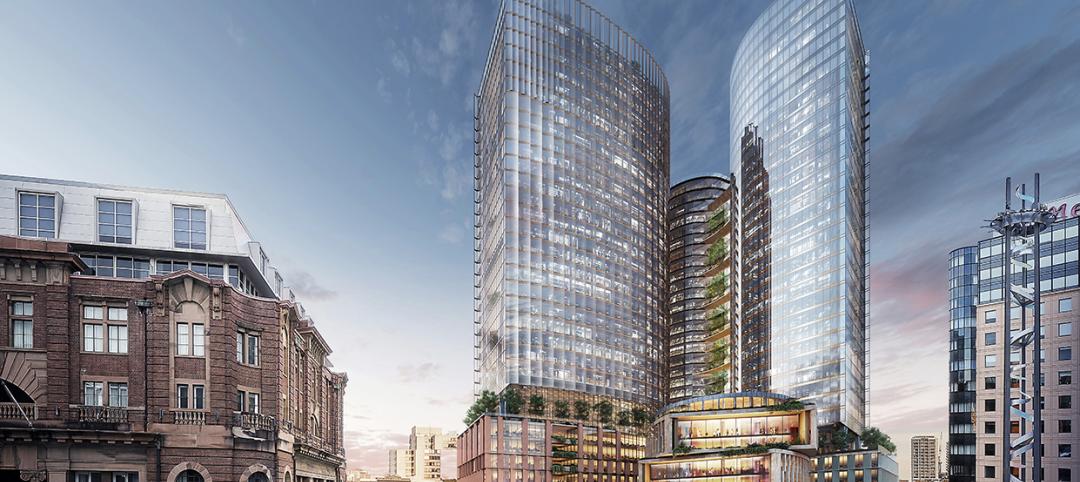Smart building technology investments typically pay for themselves within one or two years by delivering energy savings and maintenance efficiencies, says Dan Probst, the chairman of energy and sustainability services at Jones Lang LaSalle.
“In large buildings with centralized building automation systems, relatively inexpensive devices can be connected to the building control panel to enable a smart building management system to extract and analyze real-time equipment and system performance data and use it to fine-tune building performance," he says.
In smaller buildings that do not have centralized automation systems, the availability of affordable wireless sensors combined with this new smart building technology makes it possible to deploy a building automation system without the expense of hard-wiring, adds Probst.
(http://www.greentechmedia.com/articles/read/the-business-case-for-smart-building-technology)
Related Stories
Multifamily Housing | Oct 21, 2021
Chicago’s historic Lathrop public housing complex gets new life as mixed-income community
A revitalized New Deal–era public housing community in Chicago brings the Garden City movement of yesteryear into the 21st century.
Sponsored | BD+C University Course | Oct 15, 2021
7 game-changing trends in structural engineering
Here are seven key areas where innovation in structural engineering is driving evolution.
| Oct 14, 2021
Inside the KCI Airport Terminal Workforce Enhancement Program
The construction and development team for Kansas City International airport's new terminal discuss their Strategic Partnership Program to encourage participation by local minority- and women-owned enterprises, and their Work Training Program to train and hire local KC residents for trade jobs on the KCI Terminal project.
| Oct 14, 2021
The future of mass timber construction, with Swinerton's Timberlab
In this exclusive for HorizonTV, BD+C's John Caulfield sat down with three Timberlab leaders to discuss the launch of the firm and what factors will lead to greater mass timber demand.
Multifamily Housing | Oct 12, 2021
Affordable and sublime: 13 projects that represent the future of affordable housing
These projects prove that it’s possible to develop aesthetically pleasing, high-quality housing for low-income families, the homeless, and veterans.
Building Owners | Oct 12, 2021
6 ways building owners can own their construction projects
Building owners have an important role in executing their capital projects and can greatly increase their project’s chances of success by understanding and actively managing a few key factors.
Green | Oct 6, 2021
My reaction to the UN IPCC Climate Change 2021 report: Ugh!
The recent report of the UN Intergovernmental Panel on Climate Change is not a happy read.
Sponsored | Glass and Glazing | Oct 1, 2021
Specifying Responsibly to Save Birds’ Lives
Realizing sustainable, bird-friendly glass design
Sponsored | Glass and Glazing | Oct 1, 2021
Seizing the Daylight with BIPV Glass
Glass has always been an idea generator. Now, it’s also a clean energy generator.
Glass and Glazing | Sep 30, 2021
Plans move forward on Central Place Sydney, duel towers with an AI-driven façade system
SOM and Fender Katsalidis are designing the project.



